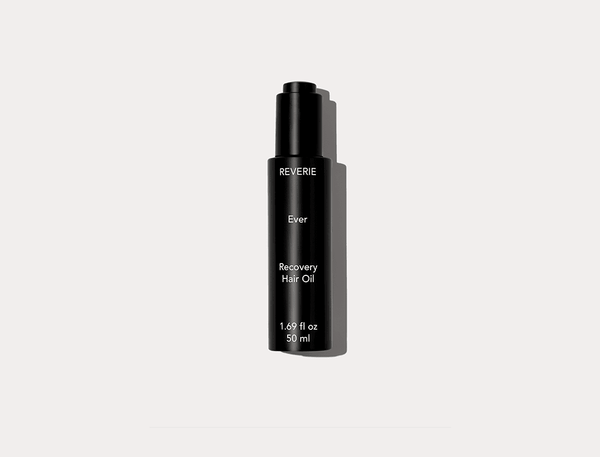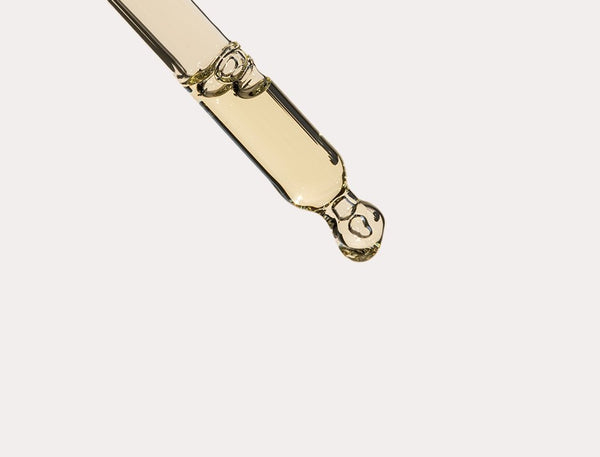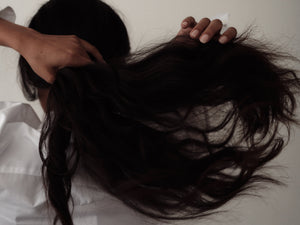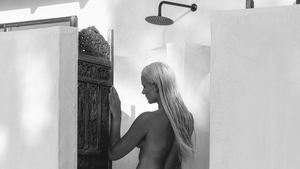All You Need To Know About Rice Water Rinses
Rice water rinses are gaining notoriety as a haircare treatment, and for good reason! It’s an ancient hair secret that’s been used to help promote hair growth by helping to strengthen and fortify strands. But how was this hair phenomenon discovered? How does it work? And is it great for all hair types? We’re answering all your questions here.
The history of rice water & hair
You can credit this hair strengthening practice to the Yao women, part of a Chinese tribe from the mountainous region of the country. They come from a village called Huangluo, aptly nicknamed “Long Hair Village.” The women were known for their floor-length hair, so of course, people sought out their secret to long, strong hair. It turns out they rinsed their hair in fermented rice water. Here’s why…
The benefit of rice water for hair
When you make rice to eat, it’s essential you rinse it in water to remove the starch. While you don’t want that in your dish, you shouldn’t throw the water away. It’s the key to what makes rice water rinses so special. Nutrient-rich, rice water contains antioxidants and squalene, an oil that helps preserve the health of your hair. It also contains riboflavin, thiamine, aspartic acid, glutamic acid, pantothenic acid, B6, and vitamin E.
But one major ingredient that rice water has is inositol. Perhaps the most important nutrient in the liquid, inositol is a compound similar to glucose and has been shown to help repair hair damage. It also helps strengthen and preserve your hair long after the rinse is done. Overall, a proper rice water rinse will help improve strength, shine, and volume.
Can everyone benefit from a rice water rinse?
Rice water is protein so you’ll want to make sure you don’t overload your hair with it. Our advice is to rinse your hair in rice water no more than once a week, and maybe twice if your hair is very damaged and weak. Protein overload is real, and if you drench your hair in too much of it, you’ll be dealing with heavy, unruly hair (basically the opposite of what this rinse is aiming to achieve).
Most hair types will benefit from a rice water rinse, especially color-treated and heat-treated hair that needs nourishment. But if you have very thin hair or hair with low porosity, proceed cautiously - a rice water rinse may not be beneficial since the proteins won’t attach to your hair.
How to make a rice water rinse
You can make your rice water rinse two ways: soaking or boiling. To soak, pour ½ a cup of uncooked white rice in a jar and completely submerge it in water. Let the rice sit for 30 to 40 minutes and then give it a few swirls to really get all the nutrients released and drain the water into a container or a spray bottle. To boil, bring rice and water to a boil while stirring regularly to release the nutrients. Once a boil is reached, reduce heat to medium and keep stirring. Cook for one more minute and then release the heat. Strain the rice water into a container and wait for it to cool off.
How to use rice water on your hair
For the rice water rinse to be most effective, we suggest this ritual:
— Pretreat your hair with Ever Recovery Oil, focusing on scalp and strands. An oil treatment softens and nourishes hair. This step is a must for anyone who is struggling with hair loss or damaged strands.
— Cleanse hair with Reverie Shampoo for a clean slate ready to receive the rice water
— Follow with Reverie Conditioner to help detangle and make hair more manageable
— Saturate damp hair with the rice water (a spray bottle is great for this) and comb through it with a wide-toothed comb to ensure every strand gets the treatment
— Let the rice water sit on your hair for 15 minutes
— Rinse hair completely
— Air-dry or blow dry and style your hair as you normally would






















